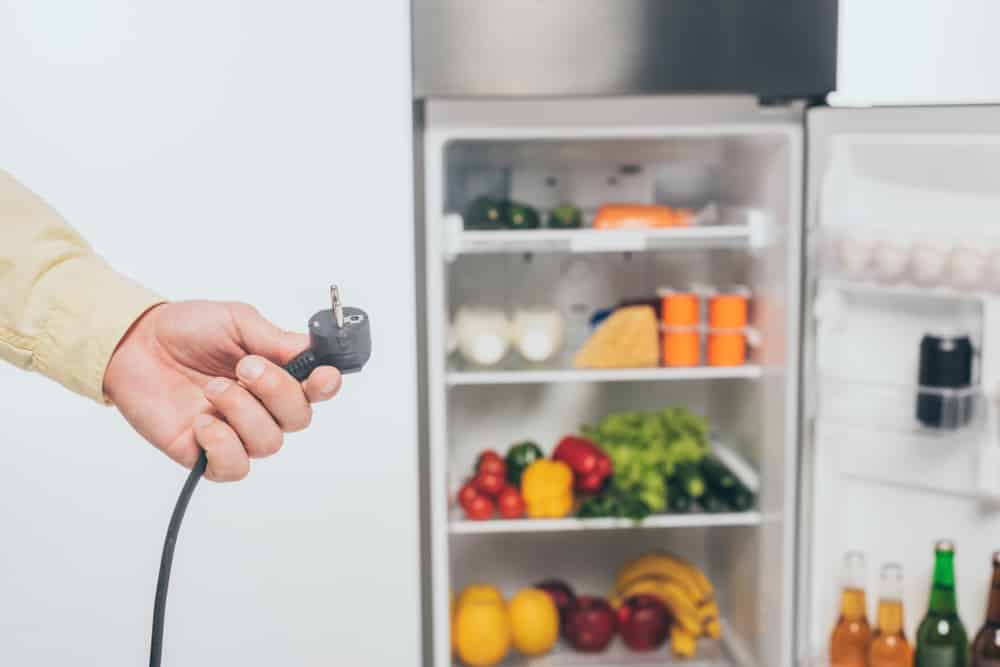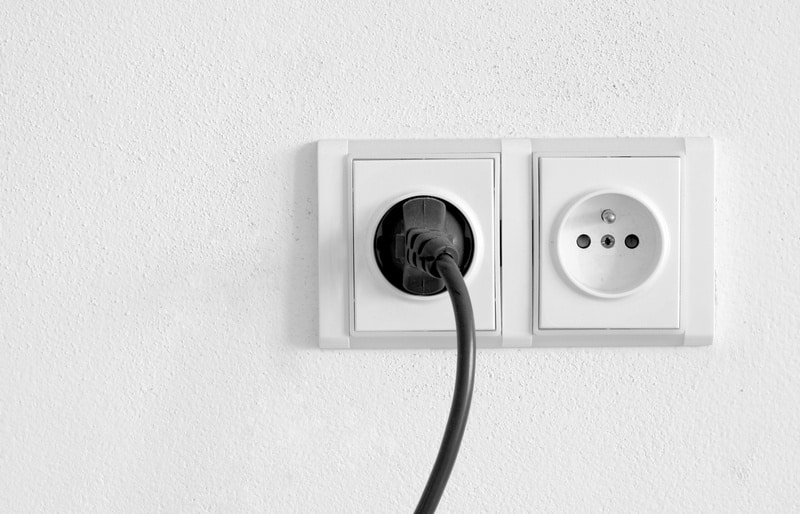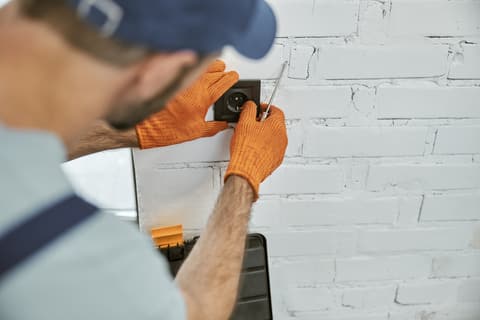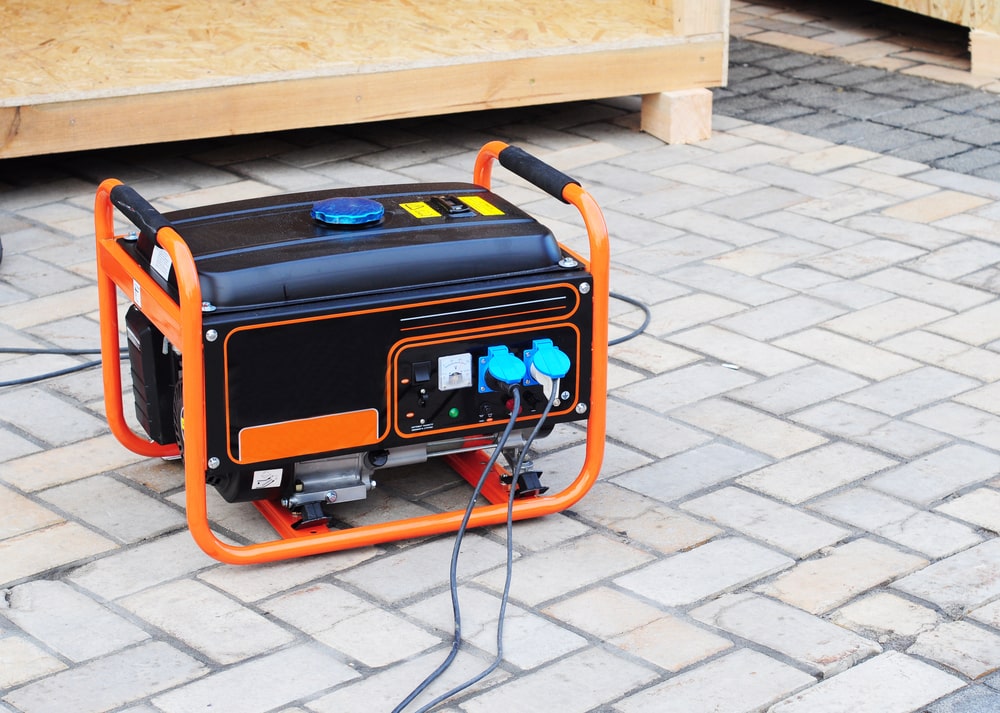
Our homes today are full of electrical appliances that make our lives easier. From electric fans to stoves and fridges, we’re spoilt for choice.
Our great-grandparents would have given their eyes and teeth for any one of these wonderful conveniences. However, these appliances come with hazards if not used correctly.
While modern safety standards are high, consumers need to be knowledgeable about how to use appliances safely.
When we plug an electric appliance into an outlet, the gadget draws power from the house’s electricity supply. Many people don’t know that electrical wall outlets often carry different voltages.
They also provide different protection levels in terms of outages or shorting. Dedicated house outlets provide the power requirements for different appliances like dishwashers, stoves, and refrigerators.
Can You Plug a Refrigerator into A Regular Outlet?
Ask An Electrician!
To be safe, if you don’t know which outlet to use for which appliance, it is best to contact an electrician because plugging an appliance into the incorrect outlet may damage the appliance and cause safety issues.
Today’s article aims to help you answer the following question: Can you plug a refrigerator into a regular outlet?
You May Use A Standard Electrical Outlet
While most manufacturers provide their own detailed set of specifications and requirements, most refrigerators have the same needs. Most come with a standardized 100-120 volt plug.
In your home, these match the outlets that have three holes because the plug on the refrigerator will have three prongs. The third and longest prong comes standard with most big appliances. It grounds the appliance and protects it if the electricity shorts.
Stoves Have Different Requirements
This is different to most stoves or ovens as these need a 200-240 volt outlet. In most kitchens, there will be a specific 240V outlet provided especially for a stove.
Never change the plug on your refrigerator or try to adapt it to fit this outlet. It will create a fire hazard and the appliance will be damaged.
Use A Dedicated Circuit If Possible
Many people put an extra refrigerator or freezer in their garage or basement to store drinks or extra groceries. Please be sure that the circuit panel in these areas can support such appliances.
If you have an older home, it is possible that the garage or basement outlet is not wired to support new appliances with their energy demands.
It is recommended that refrigerators are given a dedicated circuit because although most run on three to six amps, they may spike at peak usage to as much as fifteen amps.
Also, if there are other appliances connected to the same circuit, they may cause it to trip and your food inside the fridge will then spoil if you happen to be out.
For this reason, refrigerators and deep freezers should be plugged into a 15-20 amp dedicated 120V circuit. That way, you will avoid an overload caused by your current wiring being unable to handle the extra power being used by other appliances.
You’ll know this is happening because your circuit breaker panel switch will keep tripping.
Read The Instructions
It is always a good idea to read the instruction manual and manufacturer’s guidelines that come with your new refrigerator. Yes, we know it’s a pain but it may save you headaches later.
Check what power requirements have been set out by the manufacturer.
Consider Backup Generators
Power outages frequently happen in some places due to hurricanes, storms, and other issues. Keep your food from going bad by installing a backup generator.
To Summarize
Regular home refrigerators connect to common household wall outlets that provide the appliance with 110-120 volts of power.
Many building codes demand that fridges connect to a circuit dedicated to them alone and we recommend this. In other words, a circuit breaker in the box powers the refrigerator only.
Pretty much every new refrigerator comes with a three-prong plug connected to a cable that connects to the appliance. You can go ahead and plug this into a three-holed wall outlet.
The shortest two prongs will then connect to the common and neutral wires in the wall box. The longest prong will connect to the ground wire in the box.


